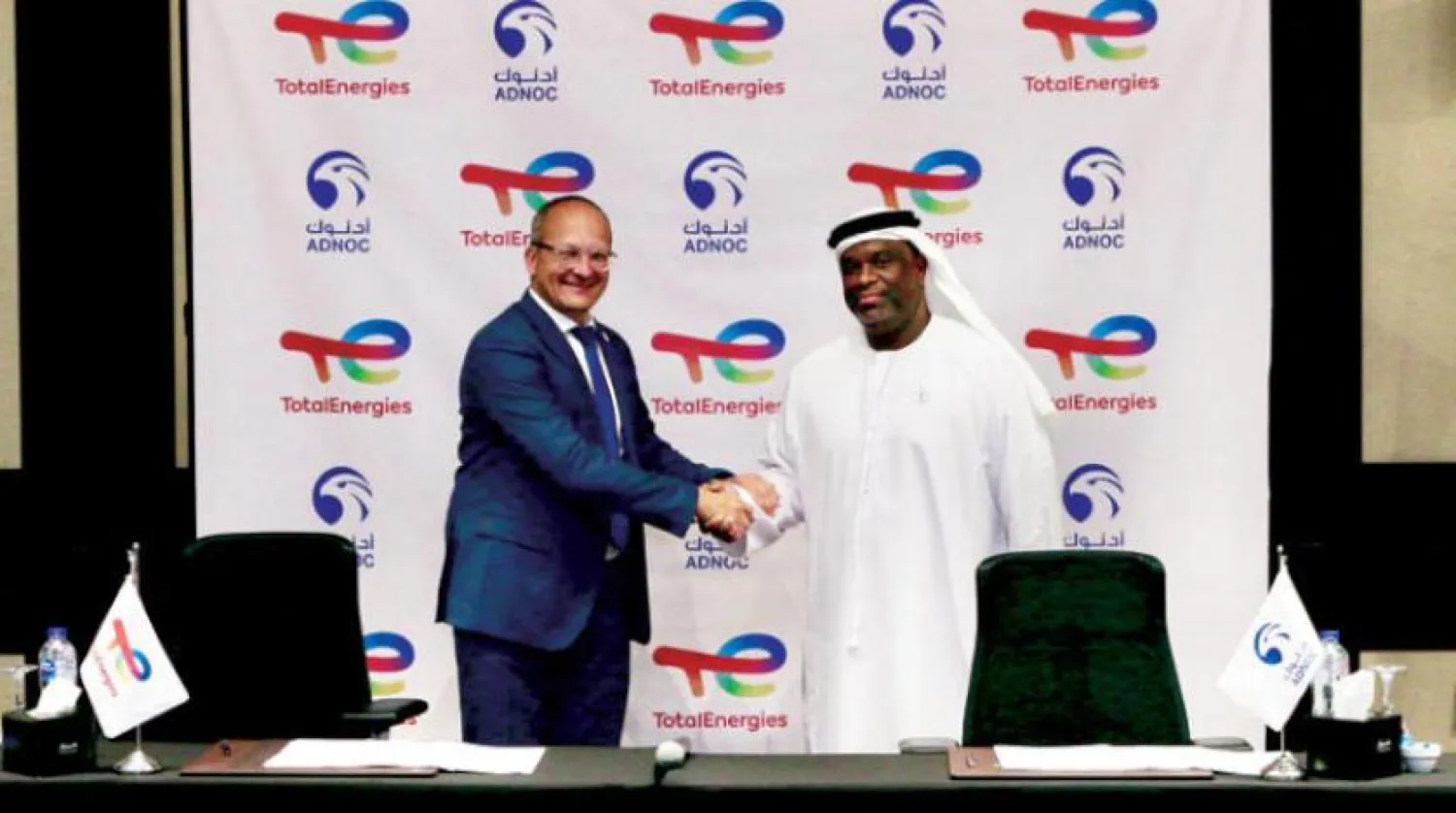Abu Dhabi National Oil Company (ADNOC) Distribution agreed with "TotalEnergies Marketing Afrique SAS" to acquire a 50 percent stake in TotalEnergies Egypt for about $186 million, with an additional earn-out of up to $17.3 million.
TotalEnergies Egypt was established in 1998 and is a leading global multi-energy company with a strong brand and successful track record.
The partnership with TotalEnergies includes a diversified portfolio comprising 240 retail fuel stations, over 100 convenience stores, more than 250 lube changing stations, car washes, wholesale fuel, aviation fuel, and lubricant operations.
Through this deal, ADNOC Distribution and TotalEnergies will develop future growth opportunities for TotalEnergies Egypt through unlocking value potential and exploring beneficial synergies in fuel distribution, lubricants, and aviation businesses driven by economic growth and post COVID recovery.
The acquisition will also see the refurbishment of several service stations to complete ADNOC branding, with specific future sites being constructed under the ADNOC brand, offering a robust foothold in Egypt's fast-growing fuel retail market.
The deal is expected to be completed in Q1 2023, pending satisfaction with certain conditions, including customary regulatory approvals.
Minister of Industry and Advanced Technology and Managing Director Sultan bin Ahmed al-Jaber described the acquisition as a "significant milestone in ADNOC Distribution's international growth story."
Jaber noted, "Egypt is the Arab world's most populous country, and we look forward to entering such a dynamic market."
The acquisition is also well aligned with the Industrial Partnership for Sustainable Economic Growth between the UAE, Bahrain, Egypt, and Jordan and will leverage the strengths of both the UAE and Egypt to boost growth in the related markets, he noted.
CEO of ADNOC Distribution, Bader al-Lamki, noted, "Egypt's fuel retail market is desirable with exciting potential for future growth. Due to its young and expanding population, alongside a series of progressive economic reforms, Egypt has recorded positive GDP growth with a strong outlook.
The acquisition is another milestone in delivering ADNOC Distribution's international growth strategy after it opened its first stations outside the UAE in Saudi Arabia in 2018, with 55 stations operational across the Kingdom at the end of March 2022.
The company's ADNOC Voyager lubricants continue to expand the company's overall international footprint, exporting to 20 countries globally.









